The month of Shravan holds a very special place in the hearts of Hindus. It’s a time filled with devotion, fasting, and intense worship of Lord Shiva. Mondays, known as Shravan Somvar, are considered the most auspicious of all the days in this sacred month. Let’s embark on a journey to understand the profound significance of Shravan Somvar.
Shravan Maas: A Month of Divine Grace
Shravan, also known as Sawan, is the fifth month in the Hindu calendar. It usually coincides with Ie monsoon season in India. This period is not just about religious observances. It’s also a time when nature is at its peak. The rains bring relief from the summer heat, and the environment becomes lush and vibrant. This natural rejuvenation is often seen as a blessing from the divine.
The entire month of Shravan is dedicated to Lord Shiva, the destroyer and transformer amongst the Hindu trinity. Devotees believe that worshipping Lord Shiva during this month, especially on Mondays, brings immense blessings, prosperity, and fulfillment of desires. The atmosphere in Shiva temples is filled with chants, pujas, and the fragrance of incense, creating a powerful spiritual experience.
Why are Mondays so special?
Mondays, or Somvars, are particularly sacred to Lord Shiva. The word “Somvar” is derived from “Som,” which refers to the moon. In Hindu mythology, the moon is closely associated with Lord Shiva. Shiva is often depicted with the crescent moon on his head, symbolizing his control over time and emotions.
Here’s why Shravan Somvar is so significant:
- Connection to the Moon: The moon’s cycles are believed to influence the human mind and emotions. By worshipping Lord Shiva, who is believed to control the moon, devotees seek to gain control over their minds and attain inner peace.
- Intense Devotion: Mondays during the month of Shravan are observed with great energy. Devotees often observe strict fasts, visit Shiva temples, and perform elaborate rituals. This intense devotion is believed to please Lord Shiva and earn his blessings.
- Spiritual Energy: The combined energy of the Shravan month and Monday’s specific significance creates a powerful spiritual atmosphere. It is believed that prayers offered on this day are more likely to be heard and answered.
The Story Behind Shravan Somvar
While the entire month of Shravan is dedicated to Lord Shiva, several stories highlight the importance of Mondays. One popular legend is associated with Samudra Manthan (the churning of the ocean).
- Samudra Manthan: According to Hindu scriptures, the gods (Devas) and demons (Asuras) churned the ocean to obtain the extract of immortality (Amrit). During this process, many divine objects emerged, including a deadly poison called Halahala. This poison had the power to destroy the entire universe.
- Lord Shiva’s Compassion: To save the world, Lord Shiva consumed the poison. His wife, Goddess Parvati, held his throat to prevent the poison from going down. The poison remained in his throat, turning it blue. This is why Lord Shiva is also known as Neelkanth (“the one with the blue throat”).
- Relief and Gratitude: The gods and goddesses were relieved and offered their gratitude to Lord Shiva. It is believed that this event occurred during the month of Shravan. Devotees offer holy water to the Shiva Lingam during Shravan, especially on Mondays, to help soothe the burning sensation caused by the poison.
This story symbolizes Lord Shiva’s immense compassion and his willingness to sacrifice himself for the well-being of the universe. It reinforces the idea that sincere devotion, especially during Shravan and on Mondays, pleases Lord Shiva.
Rituals and Practices of Shravan Somvar
Shravan Somvar is marked by a set of specific rituals and practices that devotees follow with utmost sincerity:
- Fasting (Vrat): Fasting is a common practice on Shravan Somvar. Devotees may observe a full fast (abstaining from all food and water), a partial fast (consuming only fruits and milk), or a specific diet (avoiding grains, non-vegetarian food, and certain spices). The fast begins at sunrise and continues until sunset.
- Types of Fasts:
- Nirjala Vrat: A strict fast without food or water.
- Phalahari Vrat: Consuming only fruits.
- Ekabhukta Vrat: Eating only one meal a day.
- Types of Fasts:
- Temple Visits: Devotees visit Shiva temples to offer prayers. Temples are often crowded on Mondays during Shravan, with long queues of devotees waiting to perform their rituals.
- Abhishekam: Abhishekam is a significant ritual where the Shiva Lingam is bathed with sacred substances like water, milk, honey, ghee, and curd. This is often accompanied by the chanting of mantras.
- Rudra Abhishekam: A special and elaborate form of Abhishekam, often performed with specific Vedic chants.
- Offerings: Devotees offer various items to Lord Shiva, including
- Bilva Patra (Bilva leaves): These three-leafed leaves are considered very sacred to Lord Shiva.
- Flowers: White flowers, especially jasmine, are preferred.
- Fruits: Fresh fruits are offered as a symbol of devotion.
- Incense and lamps: The fragrance of incense and the light of lamps create a divine atmosphere.
- Chanting Mantras: Devotees chant powerful mantras dedicated to Lord Shiva. The most common mantra is:
- Om Namah Shivaya (ॐ नमः शिवाय): This five-syllable mantra is a powerful invocation of Lord Shiva.
- Maha Mrityunjaya Mantra (महामृत्युंजय मंत्र): This mantra is believed to bestow longevity and protect against untimely death.
- Here is the Maha Mrityunjaya Mantra:
“Om Tryambakam Yajamahe, Sugandhim Pushtivardhanam, Urvarukmiva Bandhanan, Mrityor Mukshiya Maamritat”
- Prayer and Meditation: Many devotees spend the day in prayer and meditation by chanting mantras and wearing the powerful rudraksha, focusing their minds on Lord Shiva and seeking his blessings.
- Bhajans and Kirtans: Devotional songs and hymns are sung in praise of Lord Shiva, creating a spiritually uplifting atmosphere.
Spend time in introspection and meditation to deepen your spiritual connection. Using a Rudraksha-Shiv Mala can help focus your mind and deepen your meditation practice.
Rudraksha beads have always been treasured through yugas and centuries, cherished by sages and saints, and adorned by deities and Mahadev Shiva himself.
And even in today’s time, many people seek these divine beads for their numerous benefits and power to help with day-to-day life problems like health issues, work, relationships, and personal life by elevating an individual’s overall self and curbing the malefic effects of the nine planets (Navgrah) that affect the course of every individual’s life.
The Significance of the Offerings
Each offering made to Lord Shiva during Shravan Somvar holds a symbolic meaning:
- Bilva Patra: The three leaves of the Bilva Patra represent the three eyes of Lord Shiva (the third eye) and also symbolize the three Gunas (Sattva, Rajas, and Tamas). Offering these leaves is believed to destroy sins and bring purity.
- Water: Offering water signifies purification and the washing away of negative energies.
- Milk: Milk symbolizes purity and nourishment. Offering milk to the Shiva Lingam is believed to bring prosperity and blessings.
- Honey: Honey represents sweetness and devotion. It is offered to express love and dedication to the divine.
- Ghee (Clarified Butter): Ghee symbolizes energy and strength. Offering ghee is believed to bestow power and vitality.
- Curd (Yogurt): Curd represents prosperity and abundance. Offering curd is believed to bring good fortune.
Benefits of Observing Shravan Somvar
Observing Shravan Somvar Puja with faith and devotion is believed to bring numerous benefits:
- Spiritual Growth: It is an opportunity to deepen one’s connection with the divine and progress on the spiritual path.
- Fulfillment of Desires: Devotees believe that Lord Shiva fulfills the sincere wishes of those who worship him on this day.
- Inner Peace: Fasting and prayer help to purify the mind, reduce stress, and attain inner peace.
- Good Health: The practices associated with Shravan, such as eating a Sattvic diet, are believed to have positive effects on physical health.
- Prosperity and Well-being: Lord Shiva’s blessings are believed to bring prosperity, happiness, and overall well-being.
- Stronger Relationships: It is believed that unmarried women who observe these fasts with devotion will be blessed with an ideal husband.
Shravan Somvar in Modern Times
Even in today’s fast-paced world, the significance of Shravan Somvar remains undiminished. People from all walks of life observe these Mondays with great devotion. While some may follow all the traditional rituals, others may adapt them to suit their modern lifestyles.
The essence of Shravan Somvar lies in the devotion, faith, and connection with Lord Shiva. Whether it involves visiting temples, fasting, chanting mantras, or simply spending the day in prayer, the goal is to seek divine grace and blessings.
Key Takeaways
- Shravan is a sacred month dedicated to Lord Shiva.
- Mondays (Somvars) during Shravan are considered especially auspicious.
- The moon’s association with Lord Shiva adds to the significance of Mondays.
- Devotees observe fasts, visit temples, perform Abhishekam, and offer prayers.
- The story of Samudra Manthan highlights Lord Shiva’s compassion.
- Observing Shravan Somvar is believed to bring spiritual growth, fulfillment of desires, inner peace, and prosperity.
Conclusion
Shravan Somvar is a time for deep devotion, spiritual reflection, and seeking the blessings of Lord Shiva. It reminds us of the divine power that governs the universe and the importance of faith, compassion, and self-discipline. By understanding the significance of this holy day and observing its rituals with sincerity, devotees can experience profound spiritual growth and receive the grace of Lord Shiva.







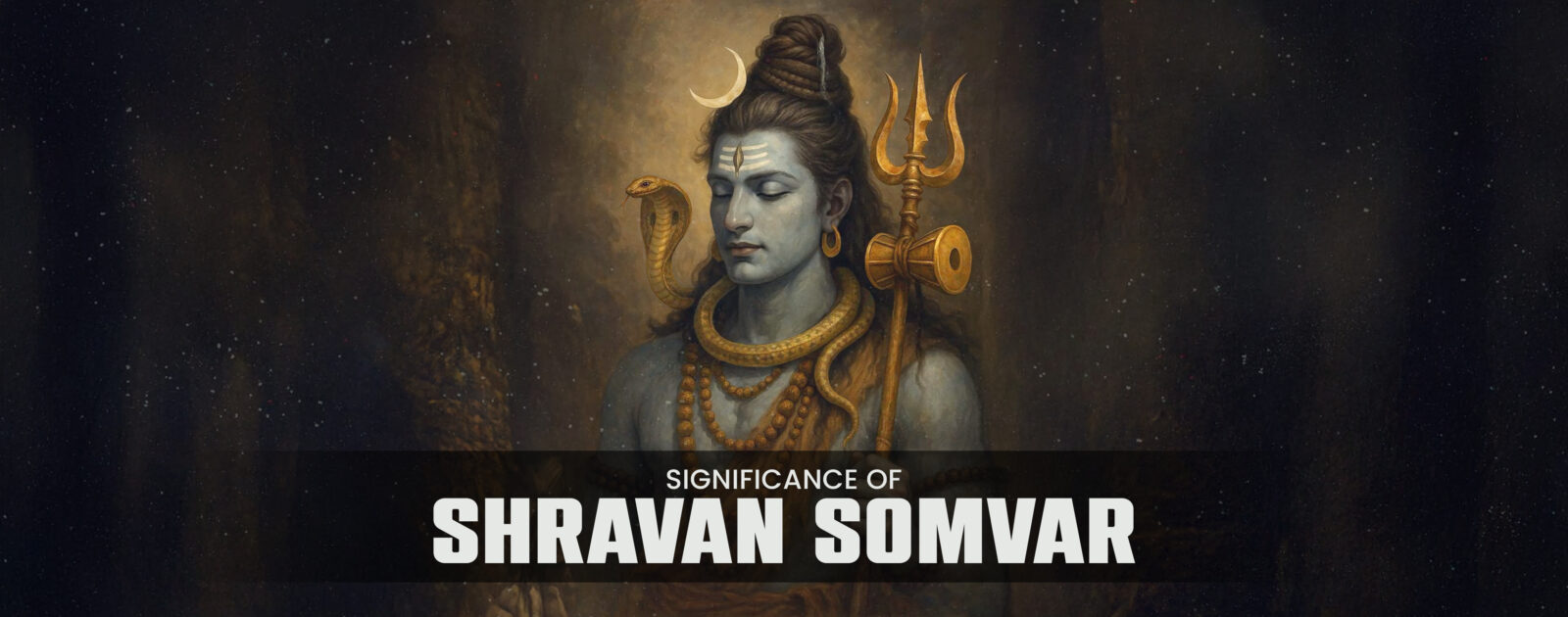


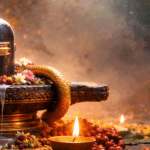



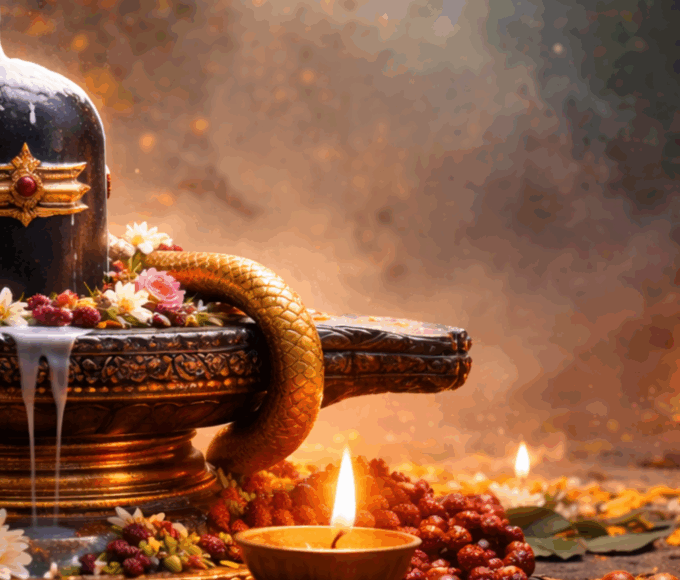
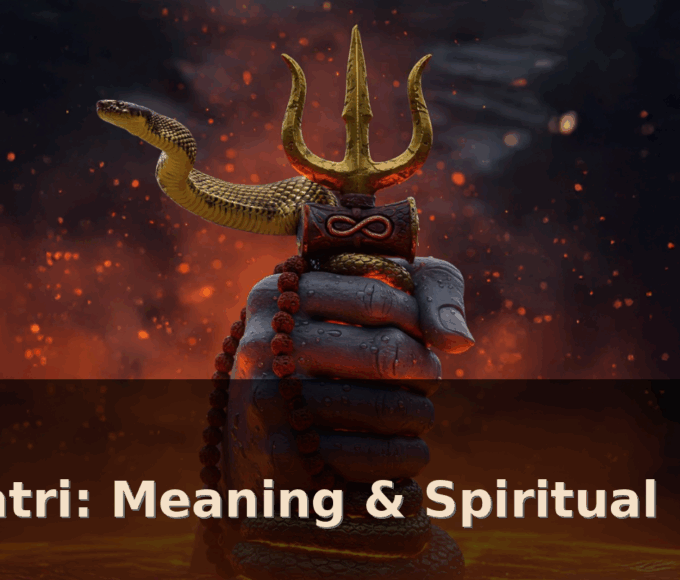
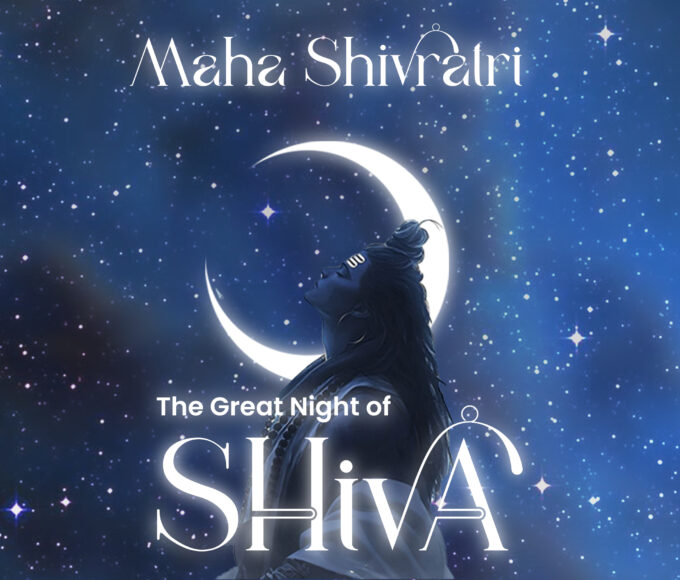
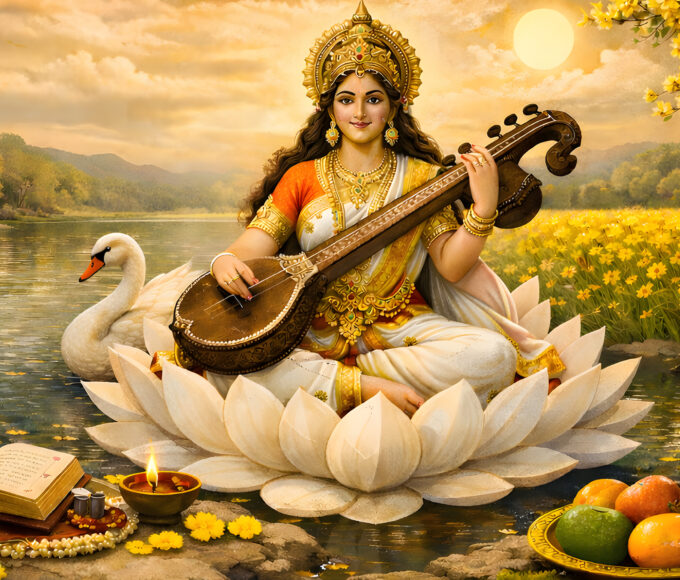
Leave a comment